Taylor White is a former editorial intern at Spectrum and a graduate student at New York University’s Science, Health and Environmental Reporting Program. Taylor writes about public health and technology. She has a B.S. in biology with minor in journalism from Suffolk University in Boston, Massachusetts.
Taylor White
Intern
From this contributor
Proteome map identifies more than 90 percent of all human proteins
Researchers expand on the already enormous progress made on the Human Proteome Project
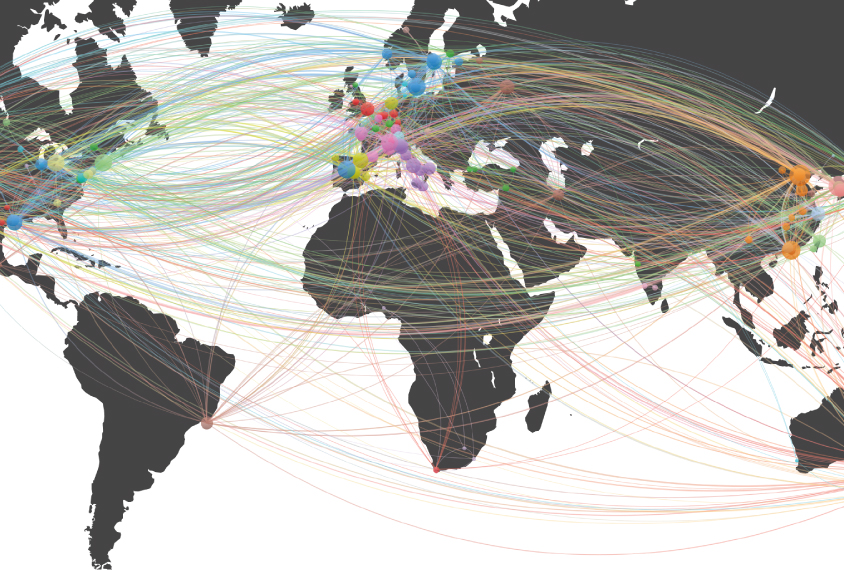
Proteome map identifies more than 90 percent of all human proteins
Infant hearing test might be sound predictor of autism
Babies who are later diagnosed with autism have a sluggish brain response to sound on a universal newborn hearing screen.
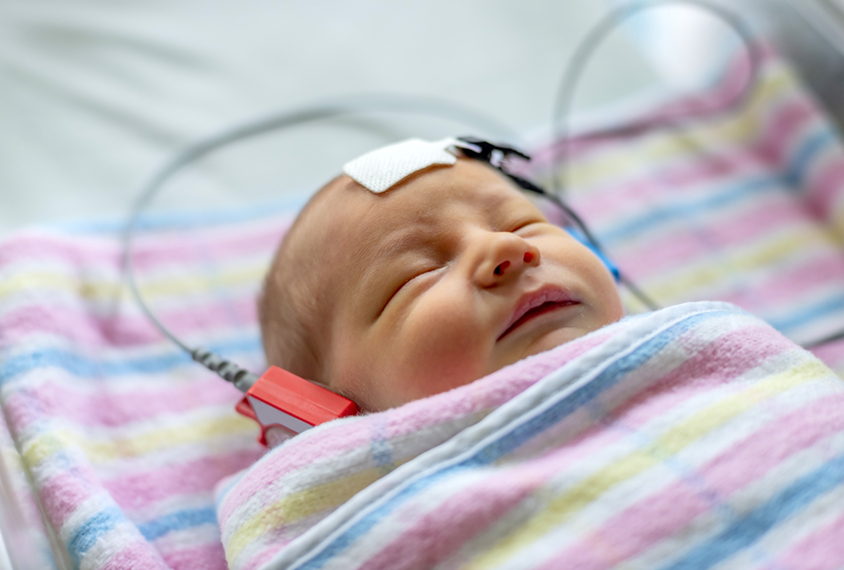
Infant hearing test might be sound predictor of autism
Test gauges autistic children’s verbal abilities in natural settings
An interactive assessment allows clinicians and researchers to evaluate an autistic child's use of language in everyday social situations.
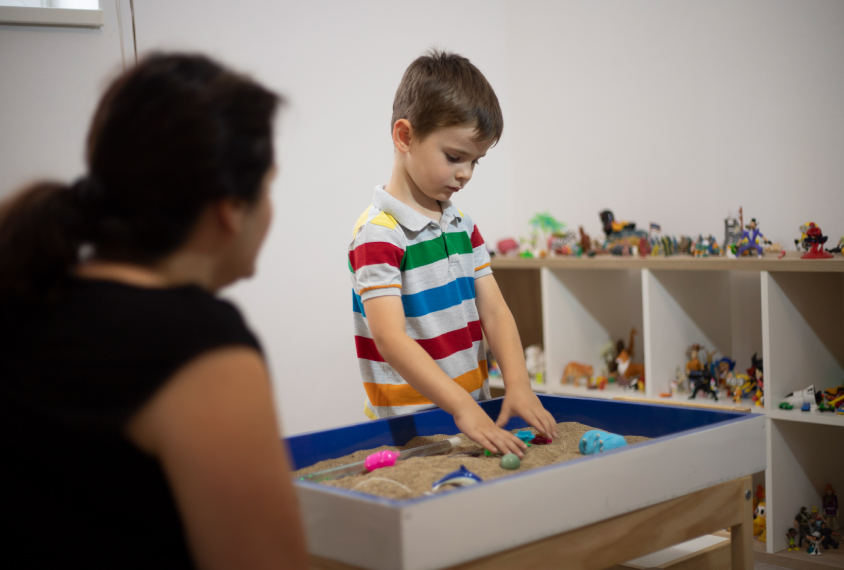
Test gauges autistic children’s verbal abilities in natural settings
Puberty may arrive early for some autistic girls
Girls with autism tend to start puberty earlier than their peers do, which may intensify their social difficulties and put them at an increased risk for bullying and mental health conditions such as depression.
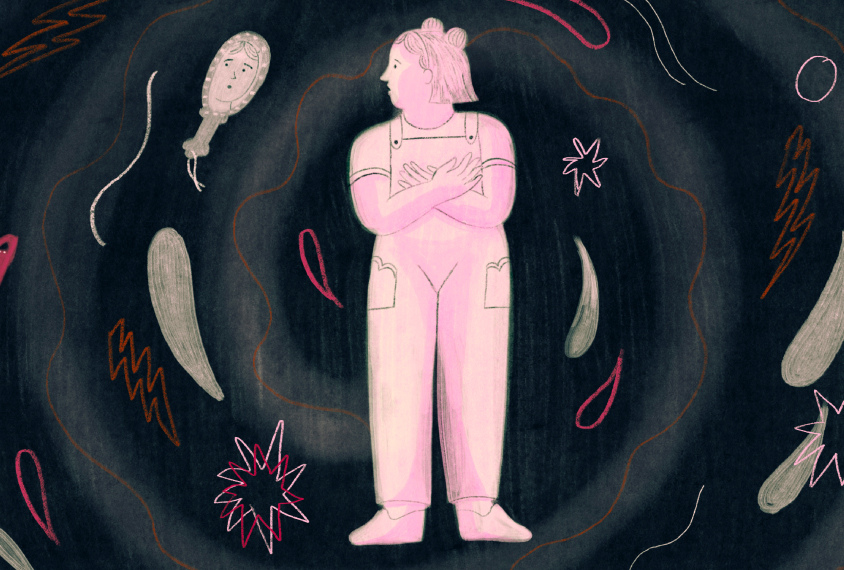
Puberty may arrive early for some autistic girls
Traits in mothers may signal gene variants for autism
Autistic children's traits track with subtle, autism-like behaviors in their mothers; women with these traits may also carry a genetic predisposition to the condition.
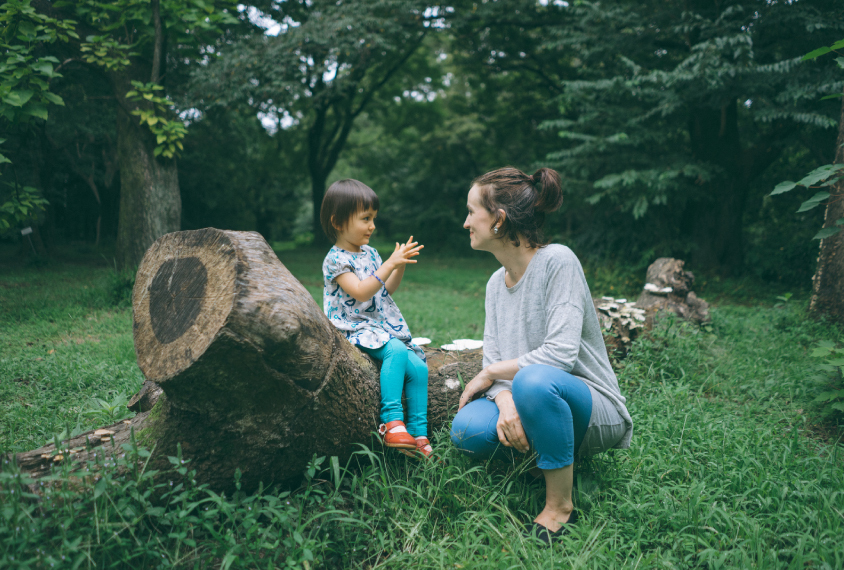
Traits in mothers may signal gene variants for autism
Explore more from The Transmitter
Dendrites help neuroscientists see the forest for the trees
Dendritic arbors provide just the right scale to study how individual neurons reciprocally interact with their broader circuitry—and are our best bet to bridge cellular and systems neuroscience.

Dendrites help neuroscientists see the forest for the trees
Dendritic arbors provide just the right scale to study how individual neurons reciprocally interact with their broader circuitry—and are our best bet to bridge cellular and systems neuroscience.
Two primate centers drop ‘primate’ from their name
The Washington and Tulane National Biomedical Research Centers—formerly called National Primate Research Centers—say they made the change to better reflect the breadth of research performed at the centers.

Two primate centers drop ‘primate’ from their name
The Washington and Tulane National Biomedical Research Centers—formerly called National Primate Research Centers—say they made the change to better reflect the breadth of research performed at the centers.
Post-infection immune conflict alters fetal development in some male mice
The immune-conflict between dam and fetus could help explain sex differences in neurodevelopmental conditions.

Post-infection immune conflict alters fetal development in some male mice
The immune-conflict between dam and fetus could help explain sex differences in neurodevelopmental conditions.